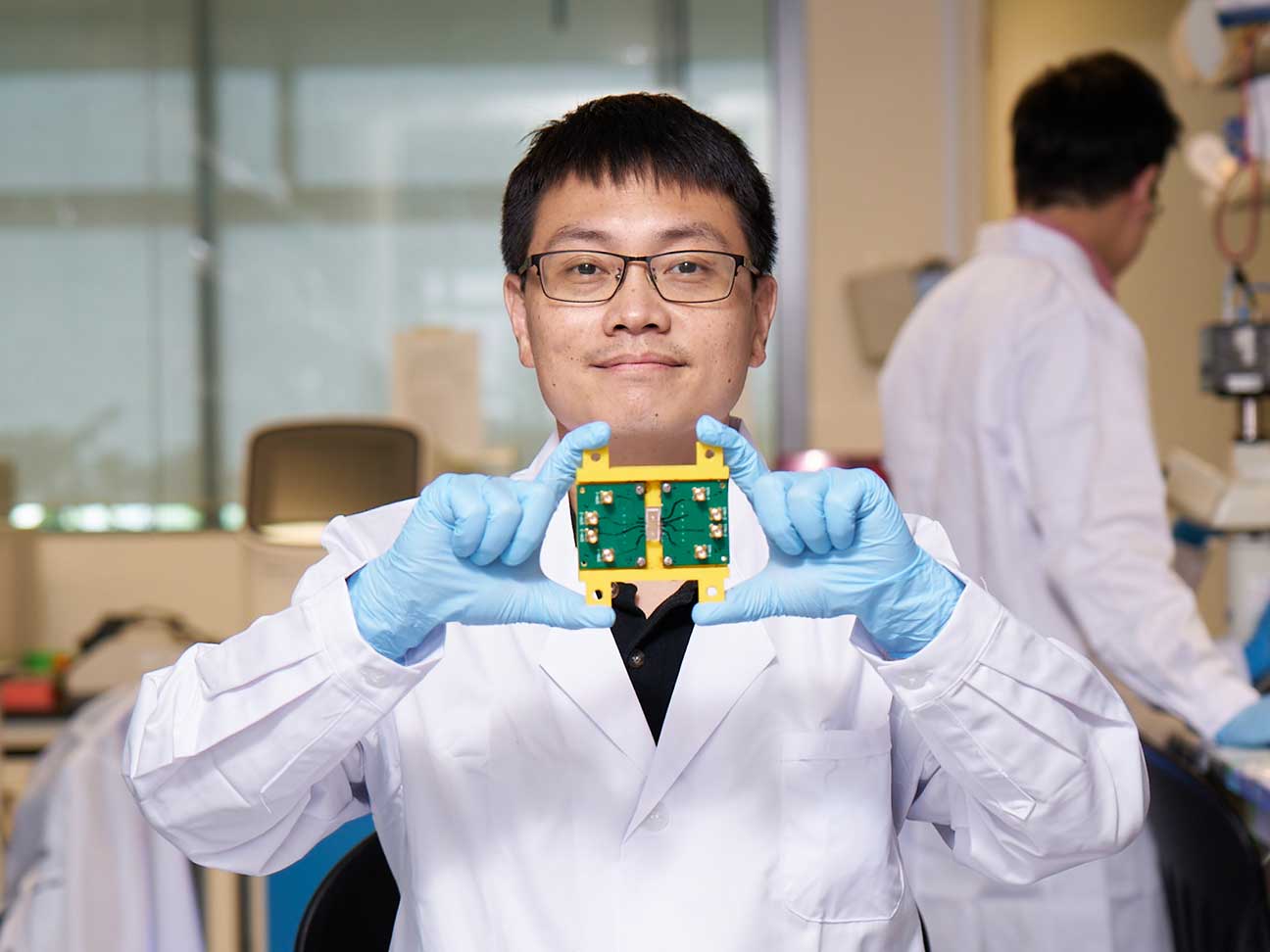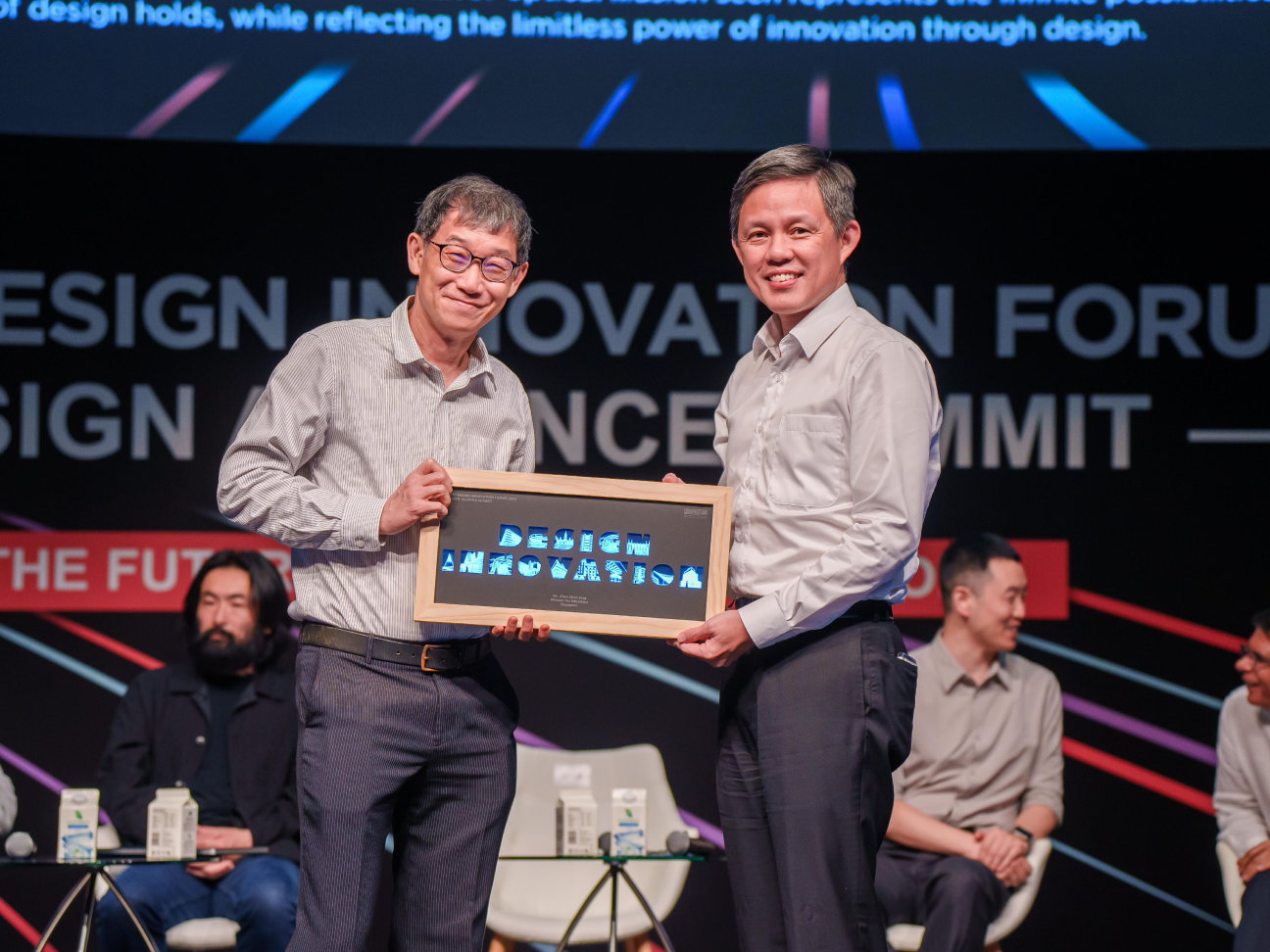Events

Software engineering in the age of generative artificial intelligence: challenges and opportunities
ISTD Seminar by Subhajit Datta – Software systems are everywhere. Over the past few decades, we have increasingly come to depend on these systems for our needs.


Beyond benchmarks: measuring and strengthening generalisable reasoning in large language models
ISTD PhD Oral Defence Seminar by Hong Pengfei – This thesis addresses critical questions surrounding the evaluation and enhancement of reasoning robustness, generalisability, and comprehensiveness in modern language models, particularly under realistic conditions involving noise, ambiguity, domain shifts, and multimodal inputs.


Towards expressive, robust and generalisable multimodal learning
ISTD PhD Oral Defence Seminar by Wei Han – This thesis, aims to provide practical solutions towards basic issues such as high computational costs of multimodal learning, and giving practical solutions to each of them.


Multilevel diffusion-based domain adaptation: image, pixel, and category
ISTD PhD Oral Defence Seminar by Duo Peng – In this paper, we investigate Diffusion-Based Domain Adaptation, leveraging emerging
diffusion models to address domain adaptation tasks. The motivation behind our research stems from the powerful distribution transformation capabilities of diffusion models, which we aim to harness to help AI models adapt to new data distributions.


Learning text styles: a study on transfer, attribution, and verification
ISTD PhD Oral Defence Seminar by Hu Zhiqiang – This thesis advances the computational understanding and manipulation of text styles
through three interconnected pillars: (1) Text Style Transfer (TST); (2) Authorship Attribution (AA); and (3) Authorship Verification (AV), determining whether two texts share the same authorship.


50.047 Mobile Robotics Course – Autonomous Race Car Challenge 2025
Our Autonomous Race Car Challenge is BACK! Do join our students from 50.047 Mobile Robotics Course as they showcase their fundamental algorithm design and programming skills in this challenge!


The future is connected: telecom's transition and where you fit in
ISTD COIL Seminar by Kumaran Ramachandran – Gain a clearer perspective on current trends, future opportunities, and how you can play a meaningful role in the next chapter of telecom.


Towards scalable relational database applications
ISTD COIL Seminar by Xiao Pu – In this guest lecture, we will discuss some of the technical challenges and industry practices towards scalable relational database application.


Building machine learning solutions: a working backwards approach
ISTD COIL Seminar by Sujoy Roy – This talk will discuss the different stages of Amazon’s working backwards approach from research / experimentation to building a production ready solution.


Revolutionising industries with deep learning and generative AI
ISTD COIL Seminar by Vishesh Kumar & Sumit Sarkar – This talk will explore the core concepts of Deep Learning and Generative AI, showcasing their applications across different industries.





